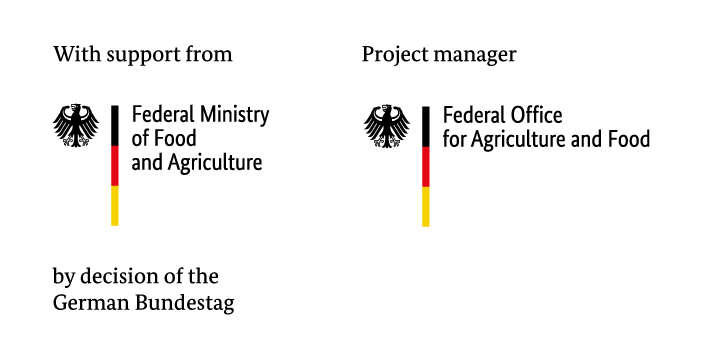NIFAM
The understanding of food environments can give insights into the complex problem of malnutrition that affects all countries around the world. Cause-effect relationships in complex socioecological systems such as the food environment are unclear and data are often scarce or lacking. Development-oriented research struggles to offer timely and practical support for complex development conditions. The alternative approaches used in this project offer support by both forecasting and monitoring different interventions. We propose a transdisciplinary action research and development project to co-develop a scientific framework for decision support applicable to situations where resources are limited and costs, benefits and risks of different possible nutrition interventions are uncertain. The NIFAM project aims to support policy makers in Vietnam (and Myanmar) by forecasting, implementing and monitoring effective nutrition interventions within a transdisciplinary research approach. The two countries have highly dynamic food environments, both struggle with food safety and food security issues. NIFAM’s objective is to identify and implement cost-effective interventions to sustainably improve the diets and reduce different forms of malnutrition (contributing to SDG 2). Several nutrition interventions have been collaboratively identified and are currently modeled, implemented and monitored with our partners in Vietnam, namely the Vietnam National University of Agriculture (VNUA), the Fruits and Vegetables Research Institute (FAVRI), the Hanoi University of Public Health (HUPH), the Center for the Development of Organic Agriculture (CODAS), the Social Policy Ecology Research Institute (SPERI), Spectrum – Sustainable Development Knowledge Network (in Myanmar), and the Community Entrepreneur Development Institute (CENDI). Together with our partners in Vietnam, we assess school gardens and fruit and vegetable shops located on factory compounds to make healthy food more accessible to pupils and factory workers. We explore options for farmers in peri urban areas to earn their living and assess the effectiveness and implementation risks of the Vietnamese school meal policy within the food environment of Hanoi. We also develop a methodological approach to monitor and update system understanding, with a particular focus on narrowing knowledge gaps for variables with high information value. The key result of the NIFAM project will be a set of recommendations to decision makers about which of a collection of possible nutrition interventions within these highly complex food environments will be best suited for the local situations of Vietnam. “Best” in this context means having the highest and most cost-effective impact on the nutrition of local consumers, considering all known uncertainties of the food environment.
Principal Investigator
Dr. Cory WhitneyProject manager
Dr. Simone Kathrin KriesemerPostDoc on the project
Dr. Thi Thu Giang LuuDuration
05.07.2022 to 30.10.2025
Funding
Federal Ministry of Food and Agriculture - BMEL
